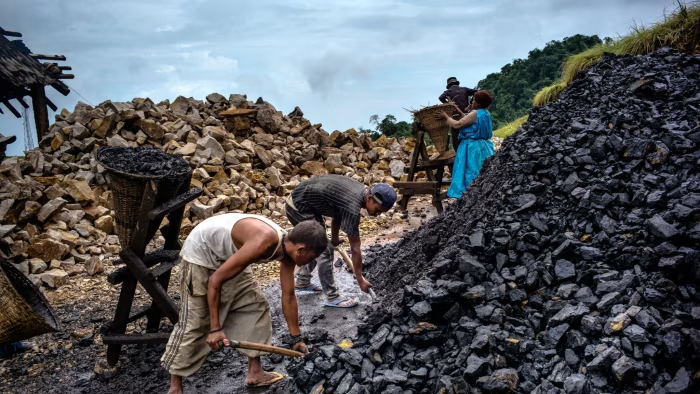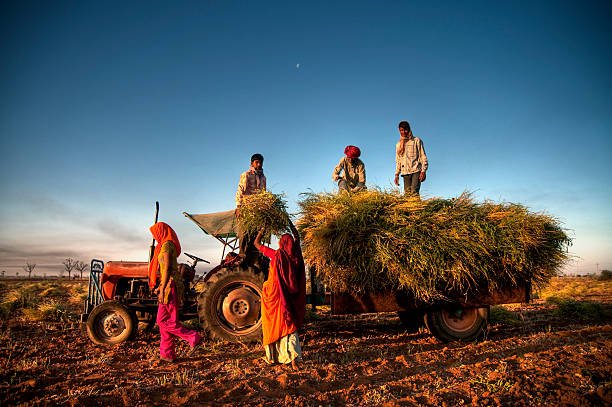India is endowed with a vast array of natural resources that have significantly contributed to its economic development and cultural heritage. The country’s diverse geography, including mountains, rivers, forests, and coastal areas, provides a rich variety of minerals, water, and biological resources. These resources play a crucial role in agriculture, industry, energy production, and overall socio-economic growth.
Mineral Resources
India is rich in mineral resources such as coal, iron ore, bauxite, manganese, and limestone. Coal is the primary source of energy for thermal power plants, while iron ore supports the steel industry. Bauxite is used in aluminum production, and other minerals like mica and copper are vital for electronics and construction. Mining these resources has fueled industrial growth and exports, making India a significant player in the global market.
Forest Resources
India’s forests cover a substantial part of the country, providing timber, medicinal plants, and raw materials for paper, furniture, and handicrafts. Forests also play a vital role in maintaining ecological balance, supporting biodiversity, and regulating climate. States like Madhya Pradesh, Chhattisgarh, and Arunachal Pradesh are particularly rich in forest resources, contributing to both the economy and environmental conservation.

Water Resources
Rivers, lakes, and groundwater form India’s abundant water resources. Major rivers like the Ganges, Brahmaputra, and Godavari support irrigation, hydropower generation, and drinking water supply. India’s monsoon-dependent rivers and extensive irrigation networks make agriculture possible in diverse climatic conditions, enhancing food security and rural livelihoods.
Energy Resources
India has significant reserves of fossil fuels such as coal, petroleum, and natural gas. Additionally, renewable energy sources like solar, wind, and hydroelectric power are increasingly being harnessed to meet the growing energy demand. The development of these resources ensures sustainable growth and reduces dependence on imports, promoting energy security.
India’s natural resources are a cornerstone of its economic development, industrial growth, and environmental sustainability. Effective management and conservation of these resources are essential to maintain ecological balance and ensure long-term prosperity. By leveraging its mineral, forest, water, and energy resources responsibly, India can continue to strengthen its position as a rapidly developing nation while preserving its rich natural heritage for future generations.
Chota Nagpur Plateau – The Mineral Heartland of India
Subarnarekha River: Origin and Ending Point
![]()





